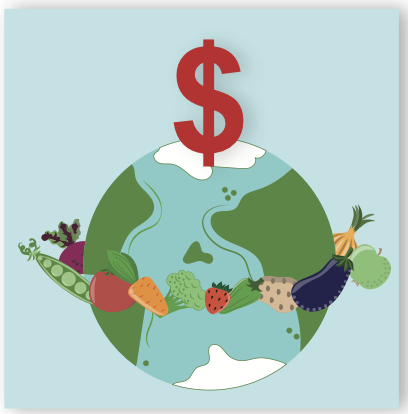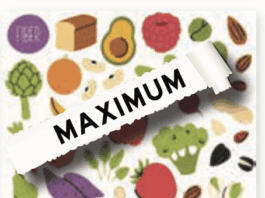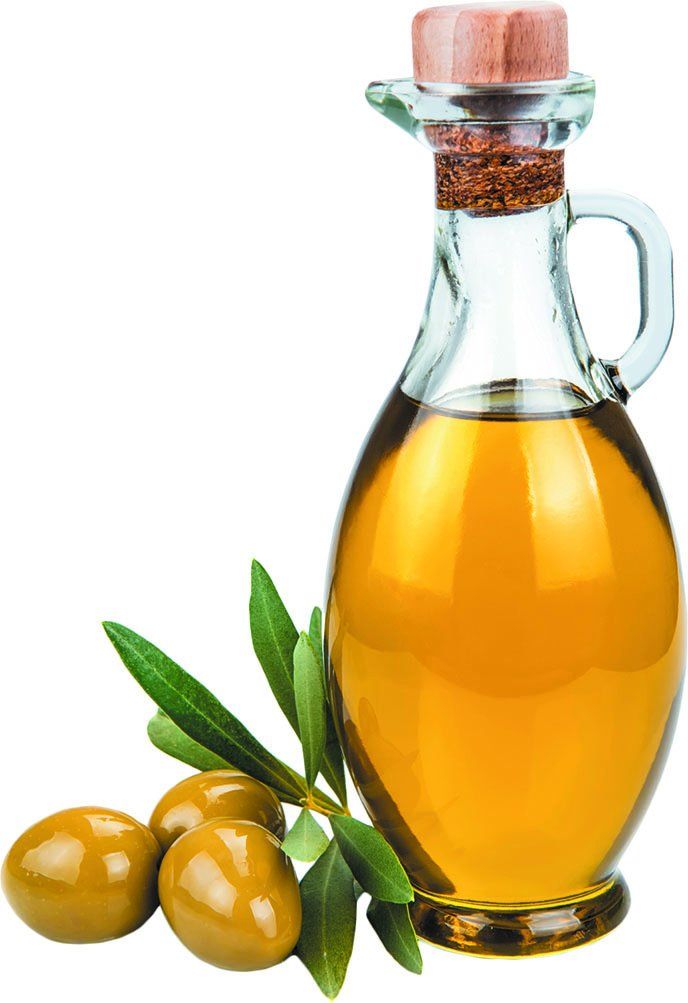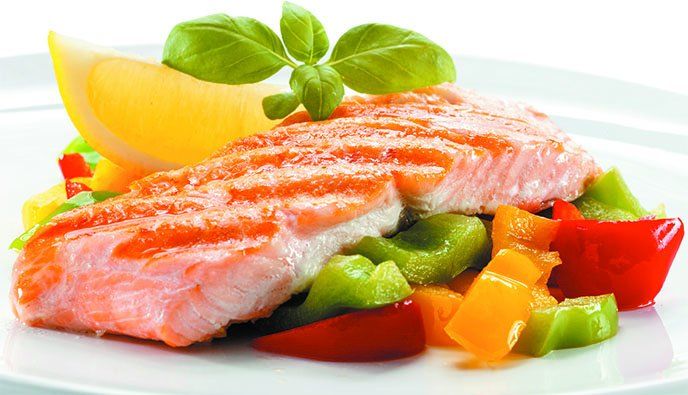Q. Ive read in your newsletter that studies suggest the protein in milk binds...
Q. Ive read in your newsletter that studies suggest the protein in milk binds to flavonoids found in berries. Since most people eat berries in the morning with cereal and milk and since berries are the priciest element in that morning meal, what other liquid other than milk might be a substitute?
Is It OK to Put Eggs Back on Your Plate?
The humble egg has been on a roll lately. First, the US Department of Agriculture recalculated the amount of dietary cholesterol in a typical large egg downward-from 215 to 185 milligrams-and vitamin D upward (to 41 IU, 10% of the Daily Value). Then, earlier this year, the Dietary Guidelines Advisory Committee (DGAC) concluded, given current intakes of dietary cholesterol in the US, it was no longer necessary to recommend that most people limit dietary cholesterol to 300 milligrams daily. (See the May newsletter for details.) That limit had led many people to avoid eggs.
Smart Choices Key to Keeping Pounds Off as You Age
Popular coverage of diet and weight-loss strategies often summarizes the bottom line with a twist on President Bill Clintons campaign mantra, Its the economy, stupid. When it comes to managing your weight, as this line of thinking goes, Its the calories, stupid.But a new study published in the American Journal of Clinical Nutrition challenges this conventional wisdom. It builds on earlier work that suggests all calories are not the same, says Dariush Mozaffarian, MD, DrPH, dean of Tufts Friedman School and senior author of the study. All foods have complex mechanisms that help or hinder weight long-term. The simple math of calories in versus calories burned is true if youre testing food in a test tube. But human beings are not just inert buckets to put calories in.
New Evidence of Brain Benefits from Following a Mediterranean-Style Diet
A newly published followup to findings from a study of the so-called Mediterranean diet adds to the evidence that such an eating pattern, especially when it includes nuts and olive oil, may help protect the aging brain. Results from a subgroup of the Spanish PREDIMED study showed that those assigned to a Mediterranean diet held steady in cognition while a control group declined. While previous observational studies have linked a traditional Mediterranean-style dietary pattern to cognitive protection, this is the first such evidence from a large randomized clinical trial.
Lowest Colorectal Cancer Risk: Vegetarian Diet Plus Fish
Eating a more plant-based diet could reduce your risk of colorectal cancer-and especially so if it includes regular consumption of fish. Surprisingly, the latest findings from the Adventist Health Study-2 report that pescovegetarians-people who are otherwise vegetarians but also eat fish at least once a month-were at the lowest risk of such cancers. Adding fish to a vegetarian diet was associated with less risk than any other type of vegetarian diet, including a vegan regimen.
Which Should You Choose?
Reduced sodium or low sodium-The term reduced means a product has 25% less sodium than the same food with a normal amount, so a reduced sodium choice is better than a conventional one. But even reduced sodium foods may be higher in sodium than those labeled low sodium, which can contain no more than 140 milligrams per serving. A reduced sodium can of beans, for example, should contain 25% less than the 311 milligrams of sodium found in a serving-233 milligrams, more than the low sodium limit. Check the Nutrition Facts panel to see what youre really getting.
Meat Secrets
The USDA has specific rules governing the use of familiar terms such as fresh and free range when labeling meat and poultry products:
What Do Those Food-Label Terms Really Mean?
A trip to the supermarket can feel like running a gauntlet of buzzwords. This product promises its reduced sodium, while that one is natural and gluten-free. Is a food made with extra fiber better than excellent source of fiber, or vice versa? Just how low in calories does a food have to be to boast that its low-calorie-and should you pick that label over one thats lower calorie or light?
Vice Beating Virtue in the Snack Aisle
Americans are snacking more than ever, and for the first time in years the trend favors indulgent over healthier snacks. Data from market-research firm IRI showed sales for indulgent snacks rose 3.1% in 2014 compared to the previous year, while healthier snack choices rose only 2.5%. IRI reported that 59% of consumers say they indulge when they snack, with splurges on fatty, salty and sugary snacks such as jerky, baked goods and the fast-growing category of refrigerated meat and cheese wraps. The firm attributed the trend to efforts by food marketers to make indulgent snacks more permissible by making claims about fiber content, energy benefits and natural and hormone-free products.
Cooking Shows: Recipe for Weight Gain?
Emeril Lagasse and Bobby Flay may not know best, at least when it comes to your waistline. If you try to emulate your favorite celebrity chefs, according to findings in the journal Appetite, those cooking shows may be making you fat. Cornell University researchers reported that women who get their recipes from TV cooking programs and cooked from scratch weighed an average 11 pounds more than those who watched but didnt follow up in the kitchen. (Most studies show people who cook from scratch are less likely to be overweight.) Cooking recipes from TV shows was also associated with a higher BMI, 27.48 versus 25.66, among the studys 501 women, ages 20-35. Cooking from scratch with recipes sourced from print or online, however, was not associated with greater weight or BMI.






























